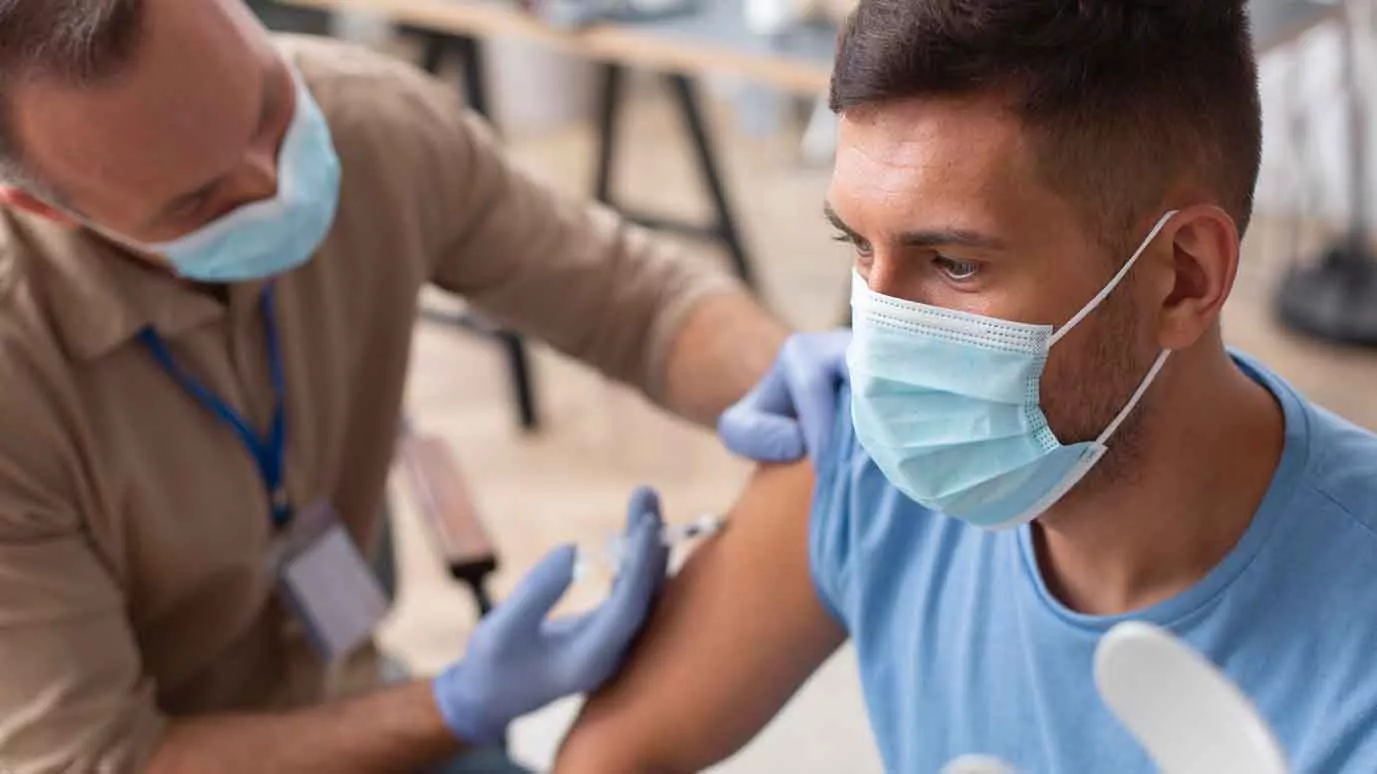Cases of corneal graft rejection after recent COVID-19 vaccinations
A recent paper in the esteemed journal Cornea reported on five cases of acute corneal graft rejection after COVID-19 vaccination. Three of the cases occurred after vaccination with the Pfizer vaccine (an mRNA-based vaccine) and the other two cases occurred after vaccination with the AstraZenecca vaccine (a viral vector-based vaccine). In all five cases, the corneal graft rejections were treated successfully with topical corticosteroids.
Corneal graft rejection after vaccination was first reported in 1998 and has been observed after vaccinations for influenza, hepatitis B, tetanus and yellow fever. Since the COVID-19 pandemic, corneal graft rejection episodes associated with both the mRNA-based and viral vector-based vaccines have been reported elsewhere in the scientific literature and we have just encountered this problem with two of our corneal graft (keratoplasty) patients. As with the five cases discussed in the Cornea paper, all these other cases – including our patients – were managed successfully with the end result being a clear corneal graft and an improvement in vision to the pre-rejection visual acuity.

For keratoplasty patients, there is the option of initiating or increasing the use of topical corticosteroids immediately after vaccination to reduce the risk of corneal graft rejection and I would certainly endorse this approach. Many corneal surgeons recommend commencing keratoplasty patients on a short course of a topical steroid after vaccination, for example using Flarex eye drops four times a day for three weeks. Note that the risk of inducing a steroid response such as in increase in intraocular pressure and/or cataract is extremely unlikely given the short duration of the steroid use. Interestingly, three patients in the Cornea paper had their episode of corneal graft rejection after their first dose of the COVID-19 vaccination. They were advised to continue topical steroids four times a day for a month after receiving the second dose of their vaccine as planned. There was no evidence of rejection after the second dose in these patients.
Keratoplasty should not be seen as a contraindication for having a COVID-19 vaccination or booster, however patients with keratoplasty need to be advised regarding the risk of corneal graft rejection and warning symptoms of rejection after COVID-19 vaccination. We would urge any keratoplasty patients with symptoms post-vaccination to contact us or their corneal specialist immediately.
- Richard









